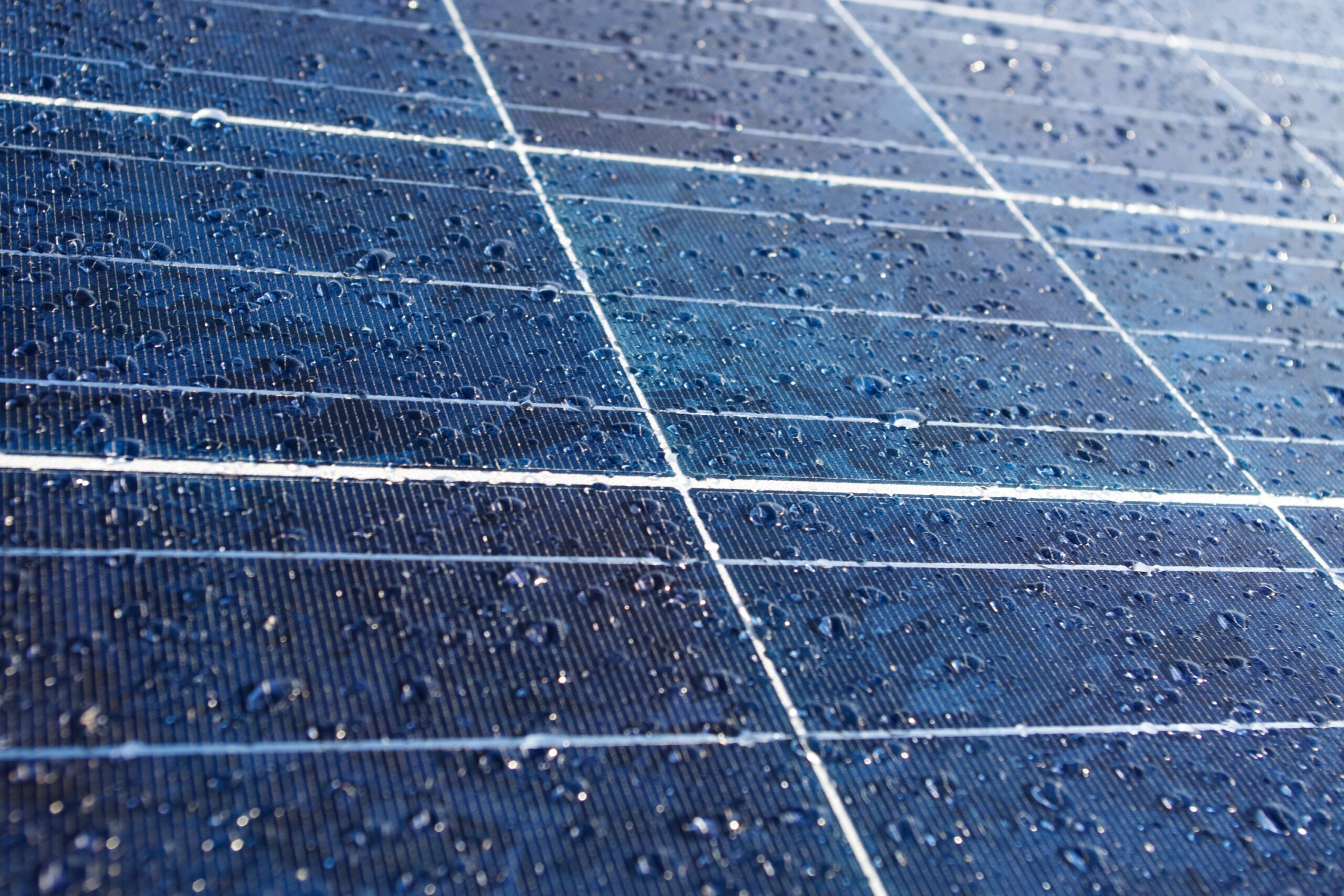We’ve finally started facing our demons – most of us are becoming aware of just how real and imminent climate change is and how it is affected by our consumption of fossil fuels. Fortunately, everything from shopping bags to cars to energy production can be changed to a more sustainable and less harmful variant.

When it comes to energy production, there’s no better poster child for renewable energy than a humble solar panel. They can be found everywhere, from your home’s roof to a remote cabin in the woods to all the space faring objects to massive power plants replacing fossil fuel based ones where it is viable.
That being said, most people still have no idea just how solar panels work and if they are a viable option for their own homes. This is why we decided to ask solar panel installation experts at Action Solar to tell us more about it. Specifically, we wanted to know if solar panels are still viable in areas with less direct sunlight.
Basic Principle of Operation of Solar Panels
If you’ve never really thought about solar panels and how they work, it might be easy to slip into one of the biggest misconceptions of how solar panels work – and that’s that these panels collect the heat from the sun and somehow turn that into electricity.
There are solar facilities that do that – the concentrated solar thermal facilities. These facilities use mirrors to direct sunlight to a tower at the center of the facility. These towers contain water or molten salt fluids which are heated by the sun and turned into steam which generates electricity. In fact, one of the biggest such facilities in the world is found in California, the Ivanpah Solar Electric Generating System
That being said, your run-of-the-mill solar panel works nothing like that. Residential solar panels (and the majority of the commercial ones as well) are all photovoltaic type.
How Do Photovoltaic Systems Work?
If you understand the meaning of photovoltaic, it’s pretty simple to understand how these panels work – it’s not the heat of the sun that generates electricity – it’s the light itself. Solar panels contain a special semi-conducting layer which has natural photovoltaic properties – the electrons in these materials are easily knocked out of position when the material is hit by a photon, thus generating electricity.
In fact, the temperature has little impact on photovoltaic panels – here’s the proof: they’re also used in Antarctica and in space, where it’s freezing cold pretty much all of the time. Your solar panels will work in summer and in winter, as long as there is sunlight.
What About the Clouds
And thus we come to the most important question in this article – what happens on cloudy, rainy or snowy days? Do solar panels just stop working? And the answer is another question: is the sunlight completely blocked on such days? No, we still get plenty of light even on such days – typically 80% of all light still gets to the ground despite the cloud cover.
This, in turn means that your solar panels will work even on such days, albeit with lower output. Snow and rain also have no impact on the productivity of solar panels unless snow completely covers the panels (which is quite rare).
What Else to Consider when Considering Solar
One thing that can affect the effectiveness of solar power as a power production option for you is the duration of the day. Higher latitudes tend to have shorter days (especially in winter) – which reduces the amount of time per day that the solar panels can remain active.
The other thing to consider is positioning. Solar panels require direct exposure to light, meaning that it is best to put them somewhere where they will have the longest exposure to the direct sunlight as you can – typically it’s the roof of your home.
Choosing solar energy is not only good for the environment, but it is also a good financial investment, as well as a backup plan if the grid ever goes down – which we sadly know is not impossible thanks to Texas last year. Consider solar panels a small piece of the puzzle that is our grid system – a piece that you own and contribute to the whole.